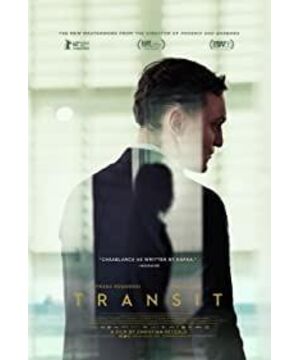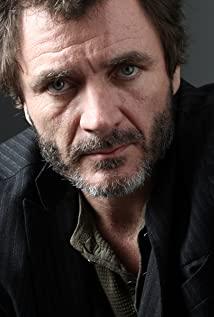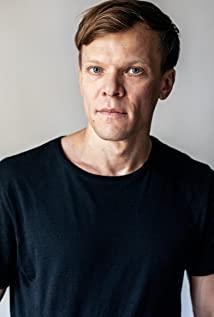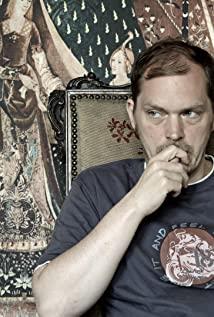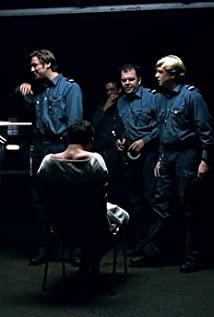I think predicament is a theme that the film is trying to create. The story takes place before the Nazis conquered Marseille. First of all, the story of World War II is put into the interpretation of modern French street scenes. This is a temporal confusion; From the perspective of refugees centered on the Mexican embassy, they have unspoken rules of life. If they can't hold a departure ticket, no one can even stay in a hotel, and reporting to the secret police has become a default. "Shame kept us silent." Everyone stared at each other as the police raided the hotel. Everyone is waiting for their identities to be stamped. They eagerly tell their asylum stories in the embassy, wander in the radiation circle of the embassy, and hide in various hotels, watching each other with a cold eye. Sunshine harbour cities are chaotically overlapping.
But it is in this external predicament that the male protagonist's perspective appears extremely helpless and sincere. The story begins, with the relics of a poet who has committed suicide, the hero and the wounded Heinz jump on the train to Marseille from the fallen Paris. In the faint blue light of the night, the hero reads Manuscripts left by the poet and letters from his wife, Heinz was dead when he woke up in the morning. From the moment he got off the train, he was the image of an outsider who came to Marseille with two death messages. I think this film is ultimately about the predicament of this layer of identity. Heinz's wife and children are hiding in Marseilles, the poet's wife has been looking for a husband, and he has entered their lives by ghosts and spirits. He can choose to be the father of Heinz's son, the poet, or even the lover doctor of the poet's wife, but Every choice means the abandonment of another identity. Hidden behind the identity confusion is the emotional connection between people. "Who will forget first, those who leave or those who are abandoned?".
In this film, the wife played by Paula Bell has once again incarnated as an elf-like existence and appeared in this anesthetized world. Under the repressed social rules, only her and Heinz's sons gave the hero the real sting of love. He finally gave the ticket and took the initiative to withdraw his true self from the double. When I came out, I sighed at the courage of director Petzold, who trapped the hero forever in a chaotic time and space, but brought all the possibilities, and naturally it was the remaining love and love of each era. hope.
View more about Transit reviews


